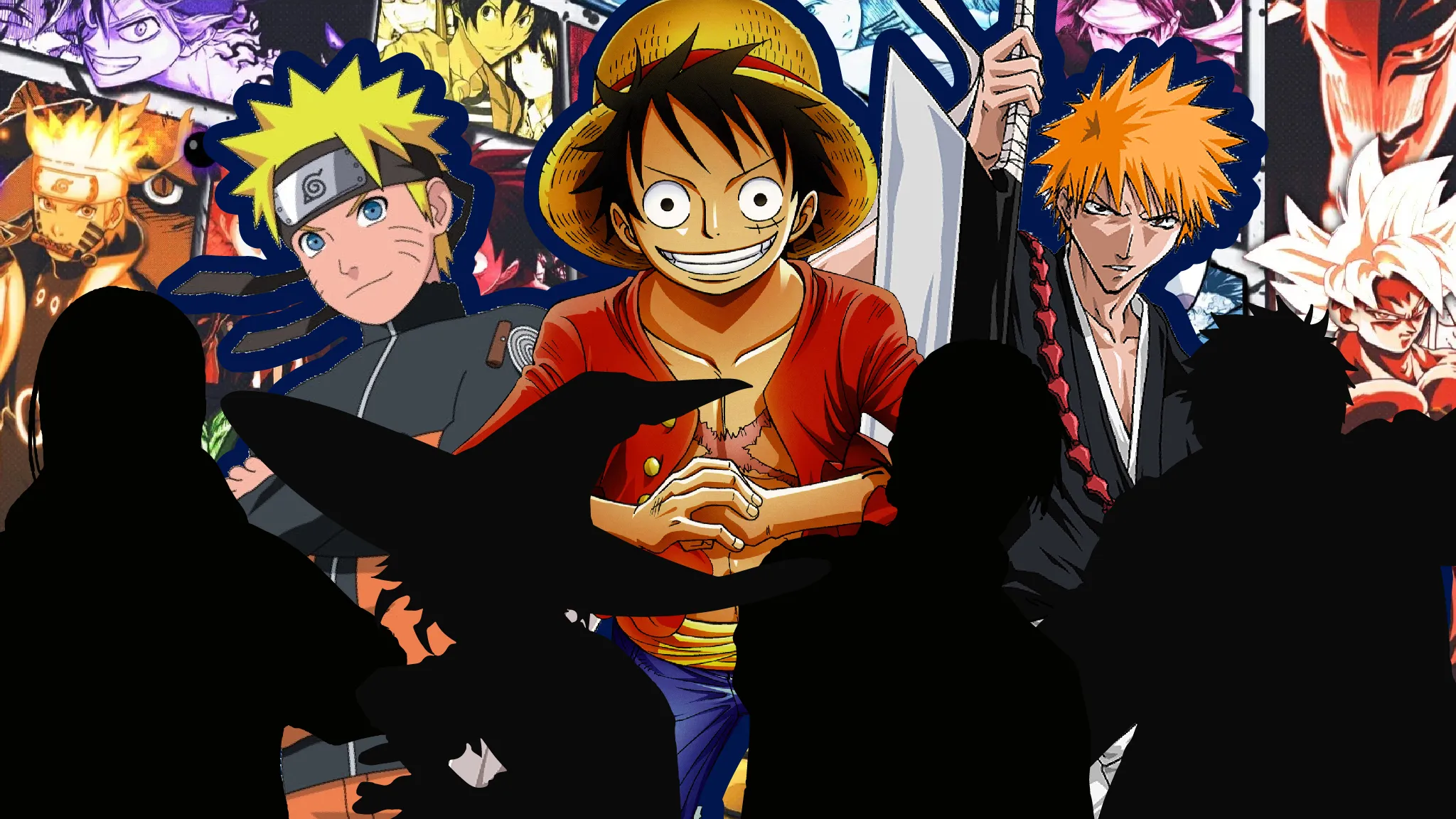
In the last ten years, Hollywood has been adapting more and more anime, and it especially favors shonen series. While some attempts, like the movie Dragon Ball Evolution, haven’t been successful, recent adaptations such as Netflix’s One Piece seem to be changing that, finally overcoming the reputation for poor live-action anime remakes. Shonen anime is clearly Hollywood’s preferred choice when it comes to adaptations.
Shonen anime is becoming increasingly popular in the West, and it’s natural to wonder why Hollywood is focusing so much on this specific genre. Are we overlooking the wide range of other great anime available?
The Rise of Shonen and Its Western Appeal

The huge popularity of shonen anime in Western countries isn’t a surprise. It’s designed to attract a wide audience with exciting action, relatable themes of friendship and never giving up, and memorable characters. Think of a determined young hero, a close-knit group of friends, and constant challenges from strong opponents – it’s a lot like the Marvel movies, but with more intense energy and shouting.
Shonen anime is incredibly popular for commercial reasons, making it a prime choice for adaptation. These series already have large, dedicated fanbases, rich storylines, and characters perfect for merchandise. This naturally attracts Hollywood studios, and with good reason. Demon Slayer: Mugen Train became the highest-grossing anime film ever, earning over $500 million worldwide, and Netflix’s One Piece demonstrated that live-action adaptations can succeed if they stay true to the source material, receiving positive reviews from both fans and critics.
Here’s the issue: Hollywood seems fixated on a narrow range of anime. By concentrating mainly on shonen series, it could end up defining anime as just one type of story, and miss out on the incredible variety the medium has to offer.
Anime Is More Than Just Shonen

The current focus on adapting shonen anime shows that Hollywood might not fully grasp the breadth of anime as a whole. Anime isn’t just one type of story; it’s a versatile art form that encompasses everything from intense thrillers and everyday dramas to grand historical tales. By concentrating solely on shonen, studios are missing out on many other captivating, artistic, and original anime series that could appeal to viewers worldwide.
I’ve been thinking about anime films like Your Name and A Silent Voice. They really get to you, dealing with themes of love, loss, and how people connect. Both were huge hits and got a lot of praise, but it’s interesting to me that Hollywood hasn’t really been able to recreate that success with similar stories. For example, J.J. Abrams has been trying to make a live-action version of Your Name for ages, but I honestly doubt it could ever capture the same delicate emotions as the original anime.
Beyond shonen, there’s a wealth of potential in anime aimed at older audiences, like the genre known as seinen. Series such as Monster and Psycho-Pass could be turned into incredibly compelling psychological thrillers or dystopian dramas that would compete with top-tier Hollywood productions. A Monster adaptation on Netflix, similar in style to Mindhunter, would be particularly exciting. Even more grounded slice-of-life anime, which focuses on everyday life and personal development, deserves recognition. While these stories might not have the action-packed battles of shonen, they offer relatable characters and moving stories. Titles like March Comes in Like a Lion or Barakamon could easily become heartwarming independent films or limited series exploring themes of identity, family, and self-discovery.
Hollywood’s focus on shonen anime is limiting the variety of stories being adapted and could turn away fans who appreciate anime’s diversity. This narrow approach reinforces the outdated idea that anime is simply childish entertainment or strange and artistically unimportant. This couldn’t be further from the truth. Furthermore, constantly adapting similar shonen stories will likely lead to diminishing returns. As more studios chase the same trend, the market could become flooded with repetitive content. Audiences will eventually tire of the same underdog-hero narrative. If Hollywood doesn’t broaden its horizons and explore the full spectrum of anime, it risks squandering a promising opportunity.
To really benefit from anime’s growing popularity, Hollywood should learn from anime itself: be open to diverse stories and don’t be afraid to experiment. Anime succeeds because it explores all kinds of genres and themes. Hollywood needs to realize that anime’s power comes from its storytelling versatility, not just big action sequences. Importantly, studios should also support creators who truly understand the cultural background of anime.
Netflix’s successful adaptation of One Piece worked because it stayed true to the original story and included its creator, Eiichiro Oda, in the process. This kind of careful approach should be used for all anime adaptations, not just action-adventure shows. It’s time Hollywood looks beyond popular genres like shonen, because anime offers a huge amount of creative potential that’s largely untapped.
https://comicbook.com/anime/list/7-anime-masterpieces-that-genuinely-get-better-with-age/embed/#
Read More
- Ashes of Creation Rogue Guide for Beginners
- Best Controller Settings for ARC Raiders
- Can You Visit Casino Sites While Using a VPN?
- Transformers Powers Up With ‘Brutal’ New Combaticon Reveal After 13 Years
- If you ditched Xbox for PC in 2025, this Hall Effect gamepad is the first accessory you should grab
- 5 Best Things 2010s X-Men Comics Brought To Marvel’s Mutants
- Lies of P 2 Team is “Fully Focused” on Development, But NEOWIZ Isn’t Sharing Specifics
- Marvel Wants You to Believe Wolverine Is the Greatest Anti-Hero (But Actually He’s the Worst)
- Gold Rate Forecast
- 5 Xbox 360 Games You Forgot Were Awesome
2025-11-20 03:43